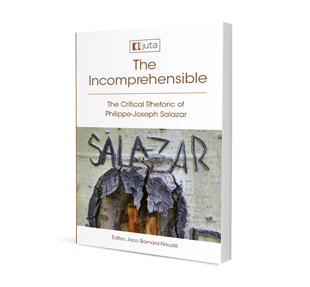
On some ‘long-forgotten propositions’: Reflections on the ‘Epilogue’ to Arendt’s Eichmann in Jerusalem
Author Claudia Hilb
ISSN: 1996-2088
Affiliations: Universidad de Buenos Aires / Conicet
Source: Acta Juridica, 2022, p. 52 – 69
https://doi.org/10.47348/ACTA/2022/a2
Abstract
This contribution focuses on the last pages of the Epilogue of Eichmann in Jerusalem by Hannah Arendt, but it concerns a question that runs through Arendt’s work practically in its entirety, which can be put as follows: How can we judge when we can no longer rely on the certainties of tradition, when – with the emergence of totalitarianism – the categories and concepts with which we used to judge no longer help us to account for the horrifying reality of crimes of an unknown nature and of criminals who do not comply with the notion of criminals that we used to consider? The text aims to dwell on these somewhat strange final pages of Arendt’s chronicle of Eichmann’s trial to try to see how they nourish our reflection on how to confront an unknown evil of a new kind.
‘Qu’on ne s’étonne donc pas si un crime insondable
appelle en quelque sorte une méditation inépuisable.’
Vladimir Jankélévitch, L’imprescriptible
‘When the incomprehensible is presented as routine,
sensitivity mercifully diminishes.’
Yosal Rogat, The Eichmann Trial and the Rule of Law